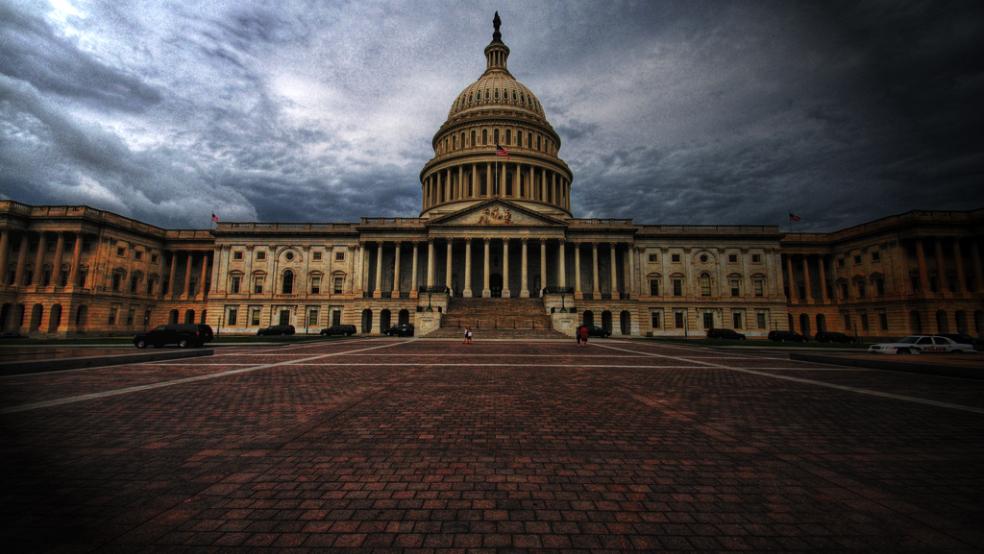The House on Friday passed a bill to make permanent the individual and small business tax cuts that had been set to expire after 2025 as part of the overhaul enacted late last year.
The bill, passed by a 220-191 vote, was the final piece of a three-bill package the Republicans labeled Tax Reform 2.0. The first two pieces, providing additional incentives for Americans to boost retirement savings and more tax breaks for startup businesses, were passed on Thursday.
The bill approved on Friday would extend the lower individual tax rates enacted last year as well as the larger standard deduction and child tax credit, a 20 percent deduction for pass-through income and a doubling of the estate-tax exemption. It also would lock in limits on the deductibility of state and local taxes.
Unlike last year’s tax law, some Democrats supported the two bills passed on Thursday, and three — Reps. Conor Lamb of Pennsylvania, Jacky Rosen of Nevada and Kyrsten Sinema of Arizona — joined nearly all Republicans on Friday in voting for the extension of the cuts. Sinema and Rosen are both running for Senate. Other Democrats, opposed to the legislation, warned that Republicans would use the deficit-increasing effects of their tax law as an excuse to cut Medicare and Social Security benefits in the future.
Ten Republicans from high-tax states voted against the extension because of the cap on state-and-local deductions.
The second round of tax cuts would cost $631 billion through 2028, according to Congress’ nonpartisan Joint Committee on Taxation, or $545 billion once economic feedback effects are factored in — and trillions more after that. The JCT analysis also found that, while making the tax cuts permanent would provide a modest boost to the economy after 2025, it would slow economic growth over the longer term.
Why it matters: The Senate has no plans to vote on the Tax Reform 2.0 package, meaning that the House votes are mostly about pre-election messaging — and after the tax bill was passed Friday, House Republicans canceled October votes and went into recess until November 13, allowing candidates more time to campaign. Election season is in full swing now. Still, Democratic support for the retirement savings and startup bills suggest that there’s room for lawmakers to advance those pieces of legislation in the future. “We’ve always looked at it as part of a longer game,” Brad Close, senior vice president of public policy and advocacy for the National Federation of Independent Business, told Politico. “Let’s see where the lame duck goes. I think a lot of it depends on how the election goes.”





